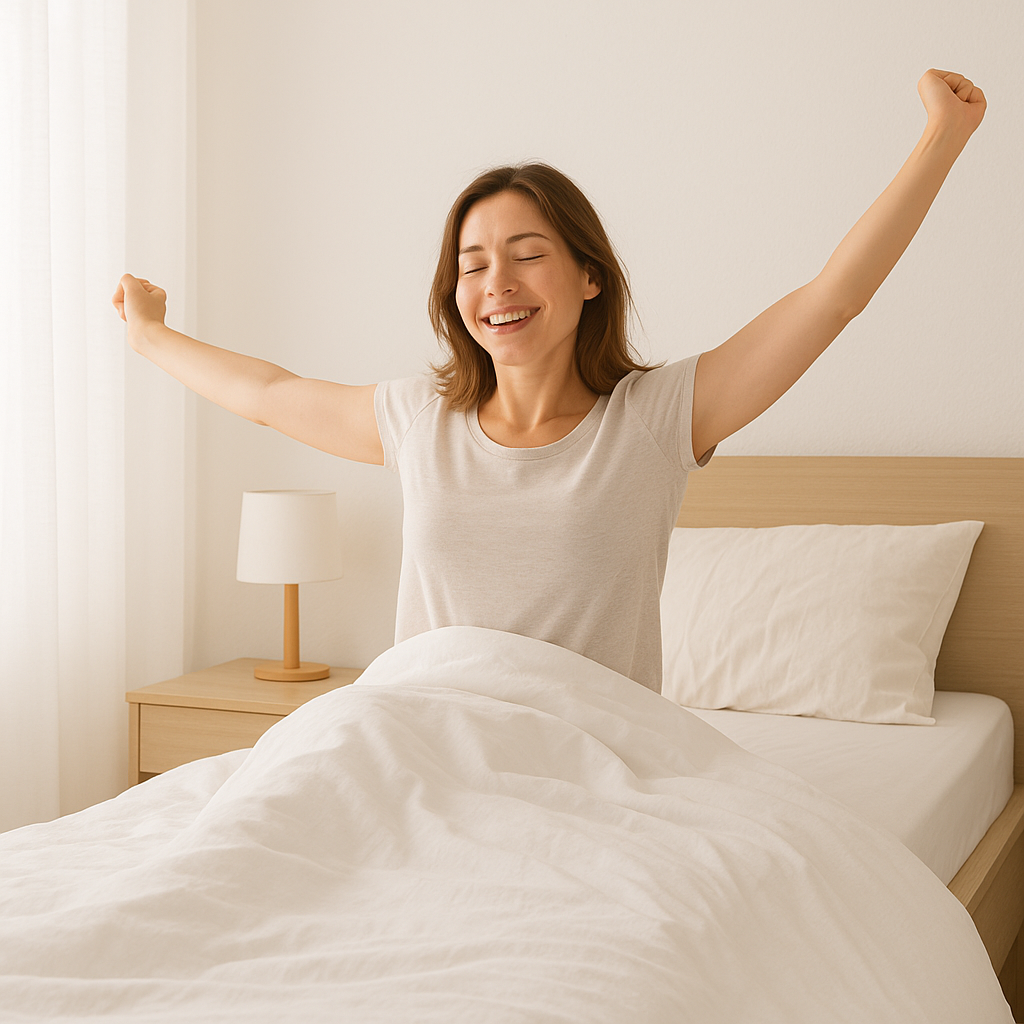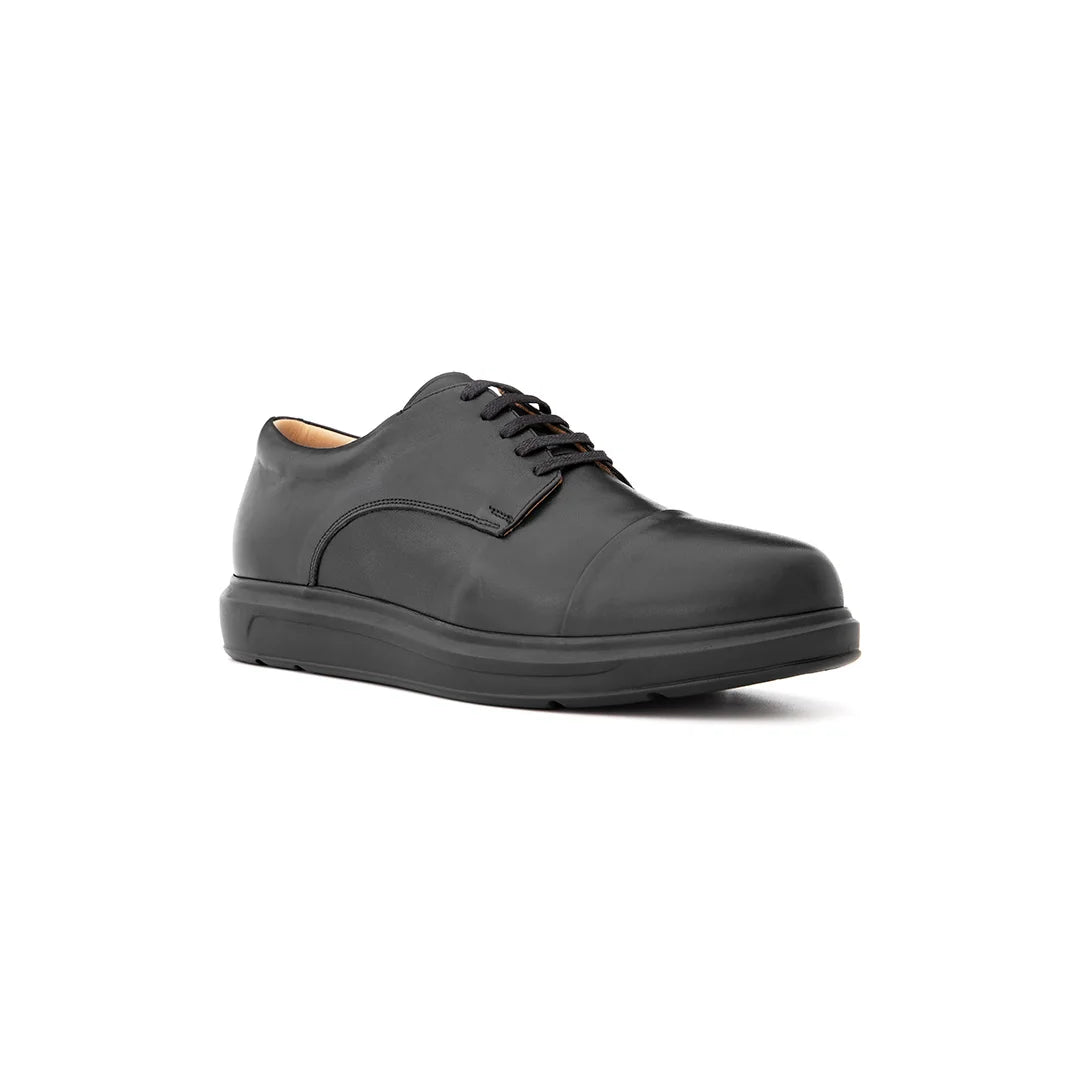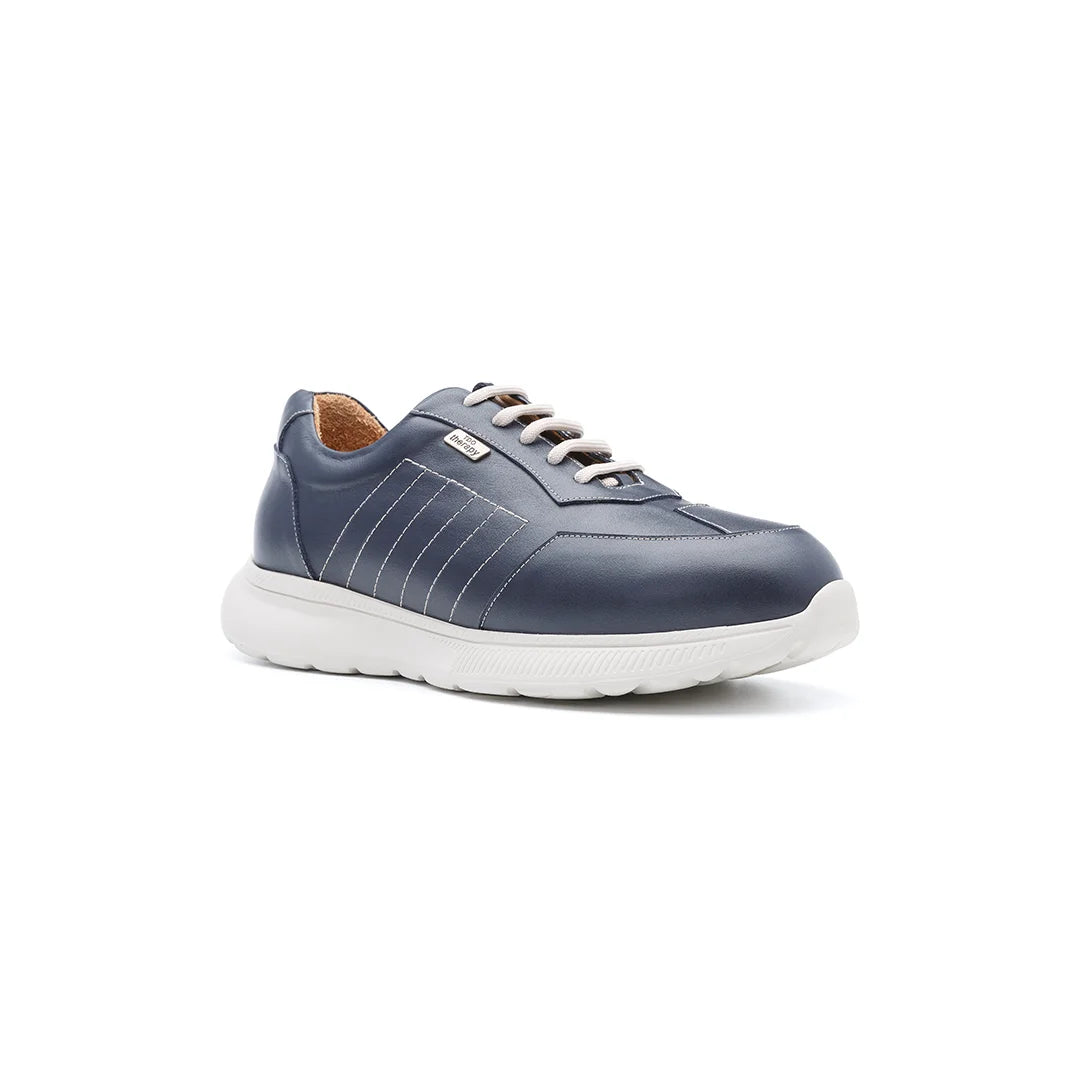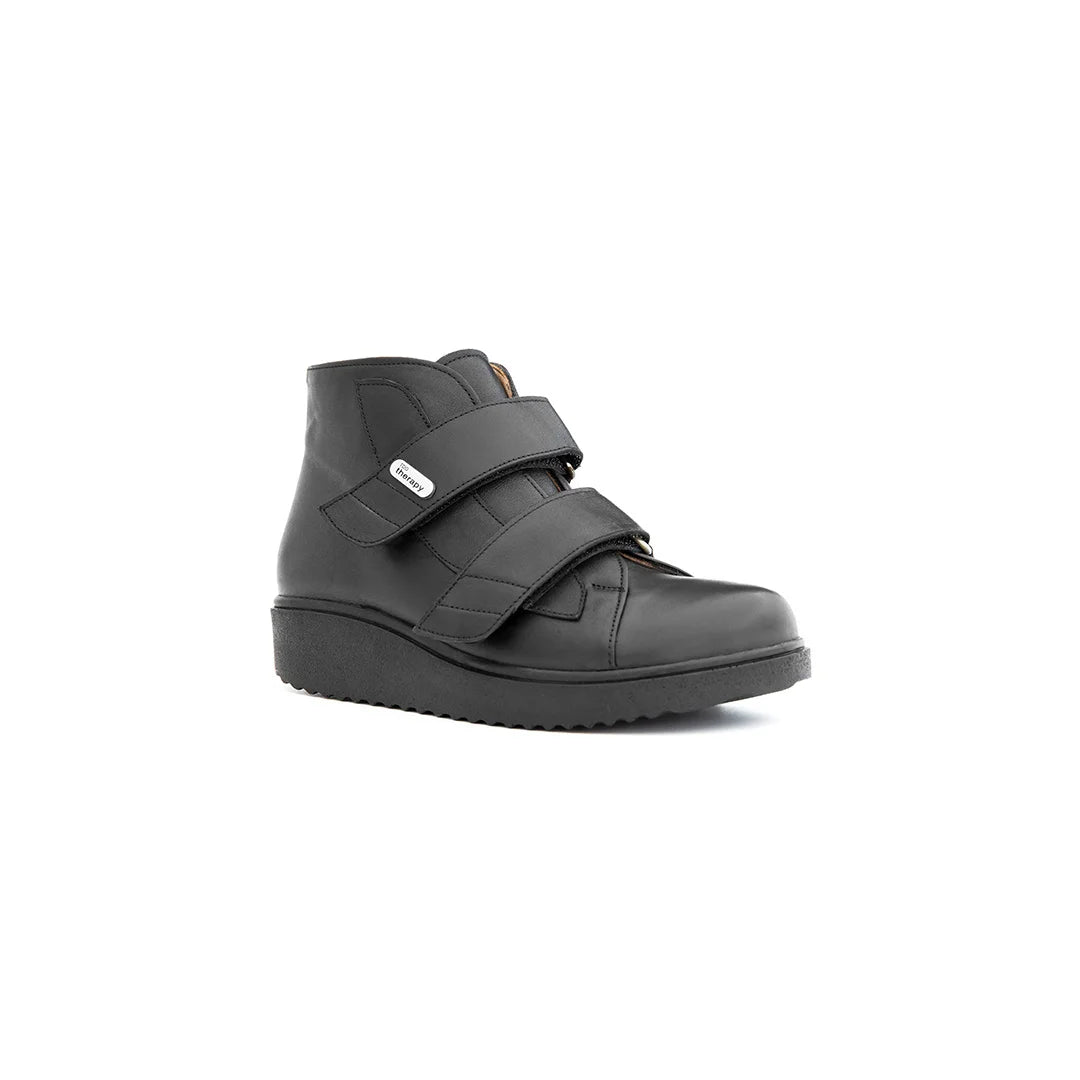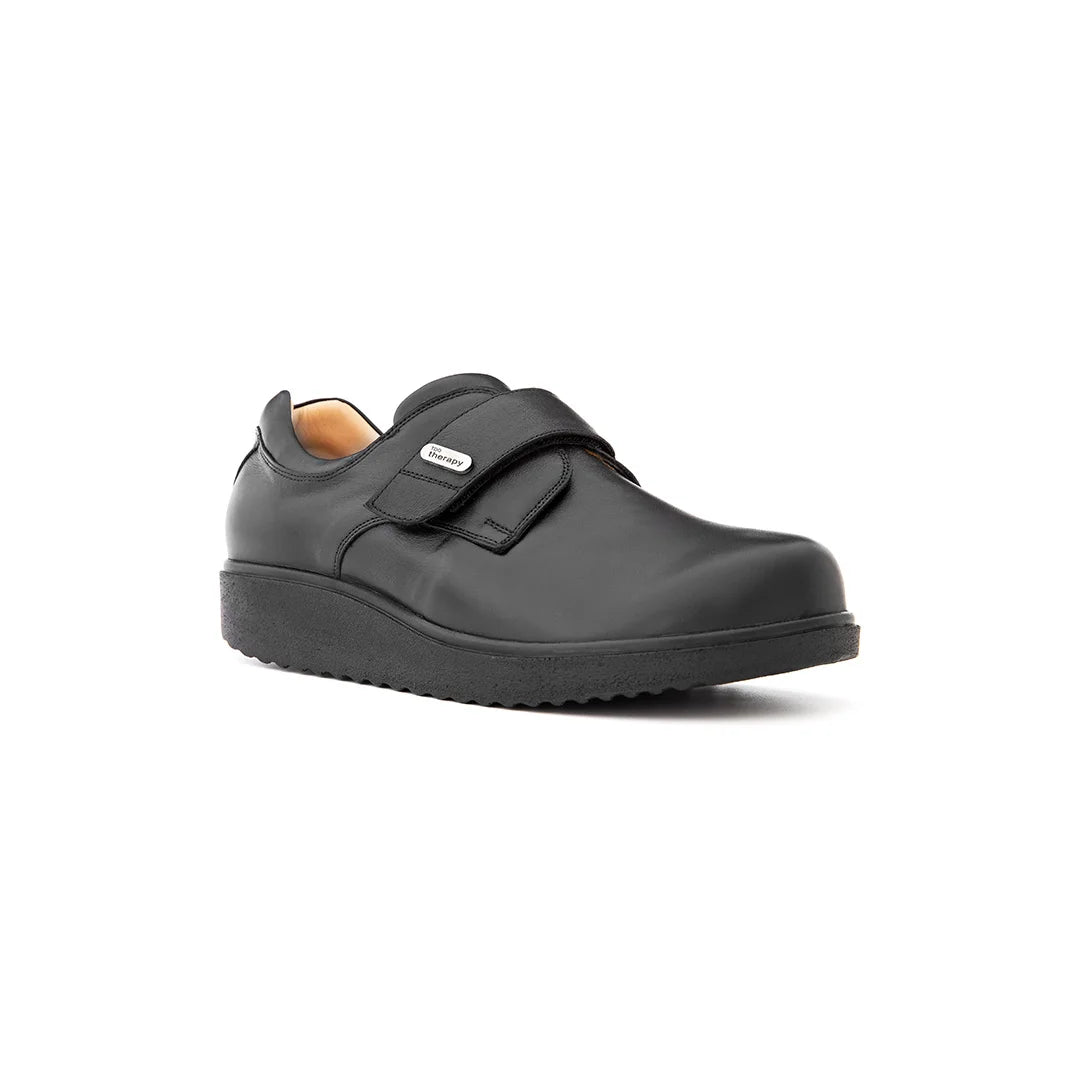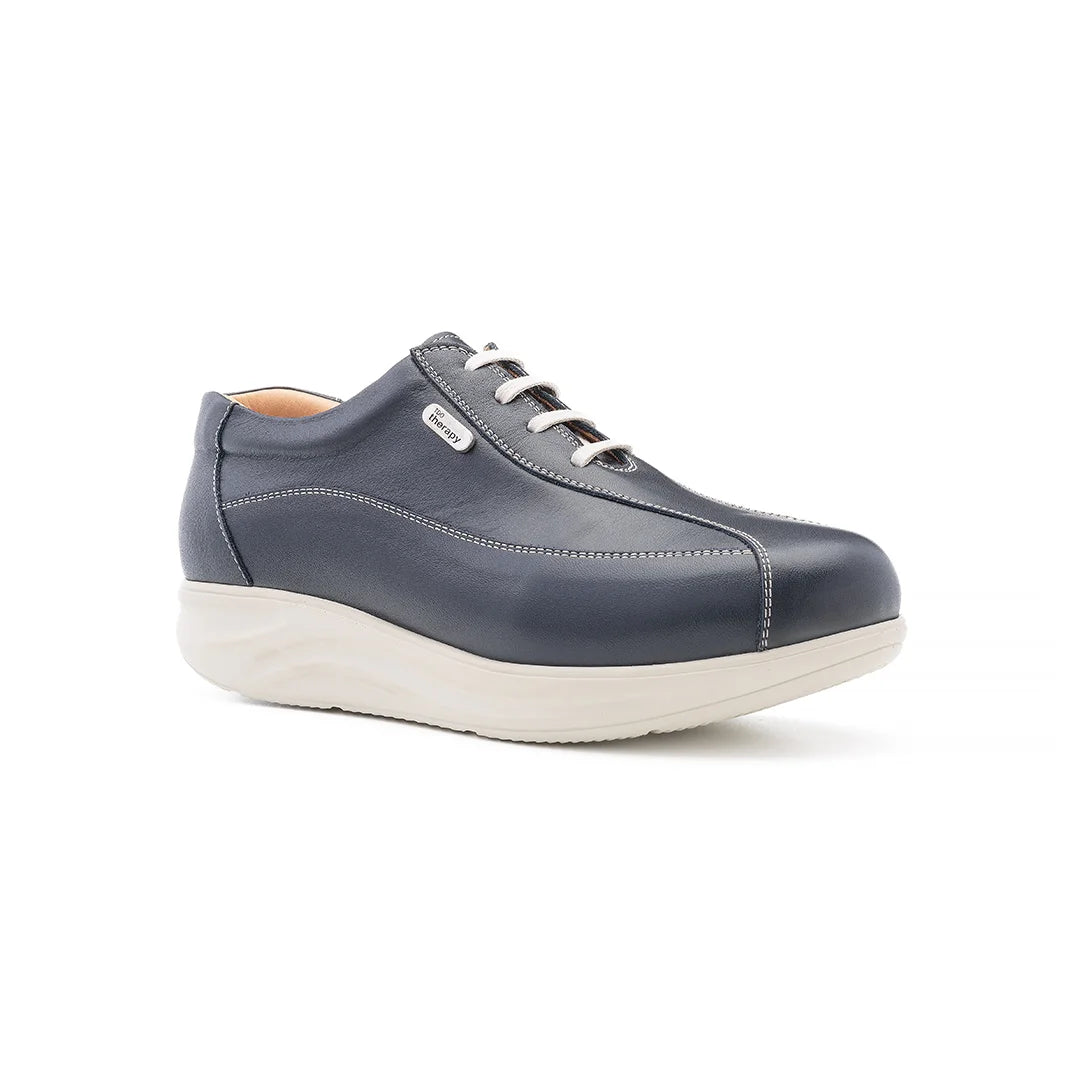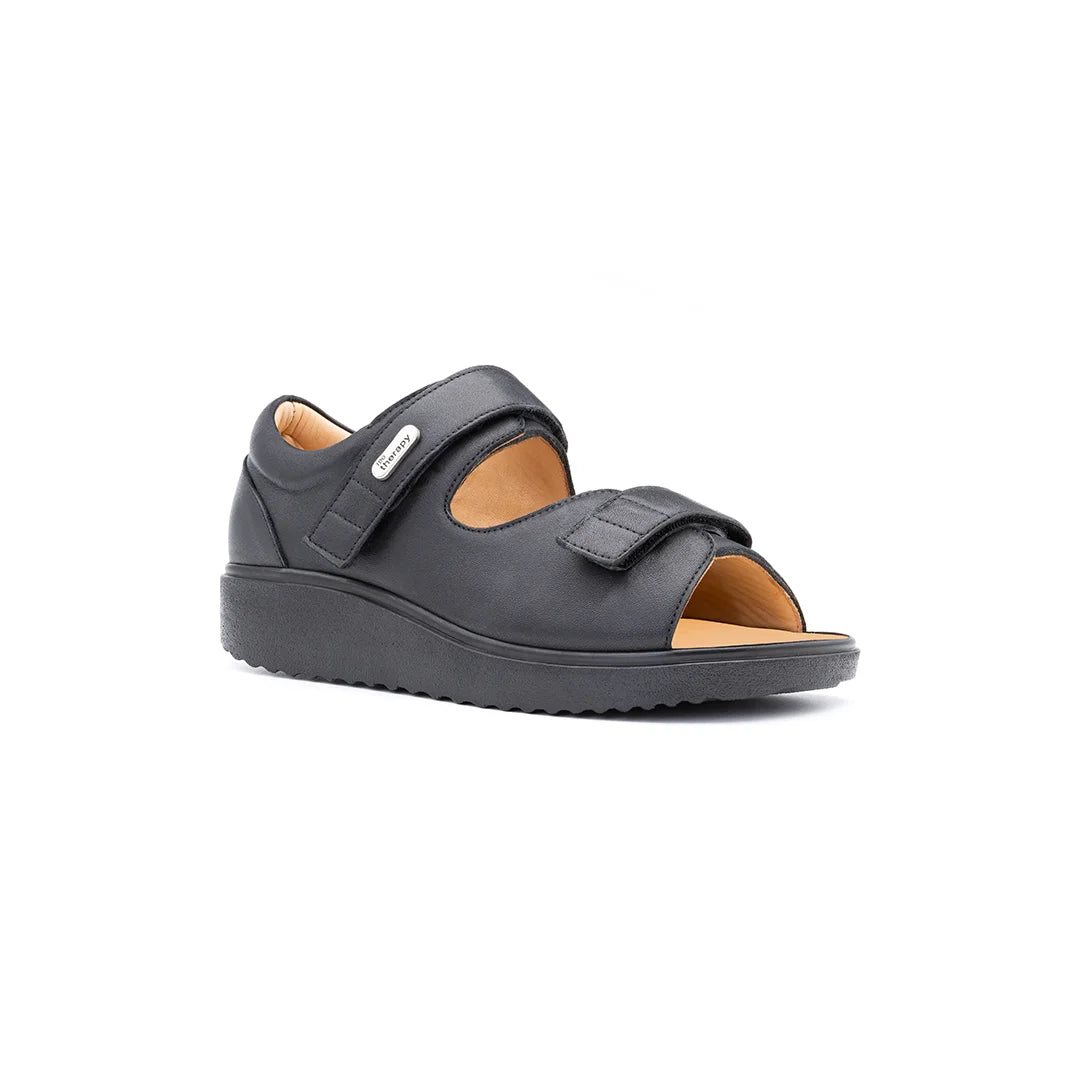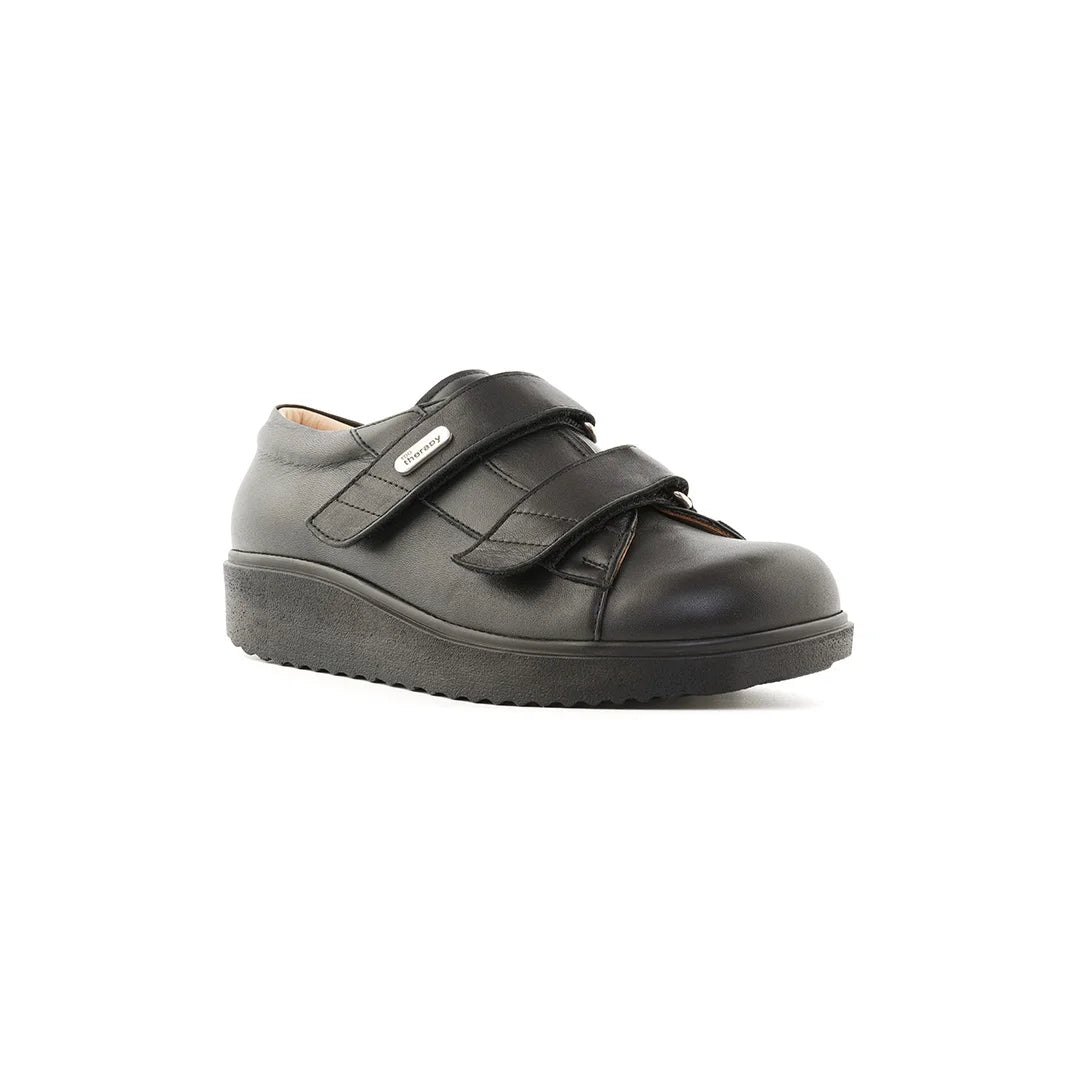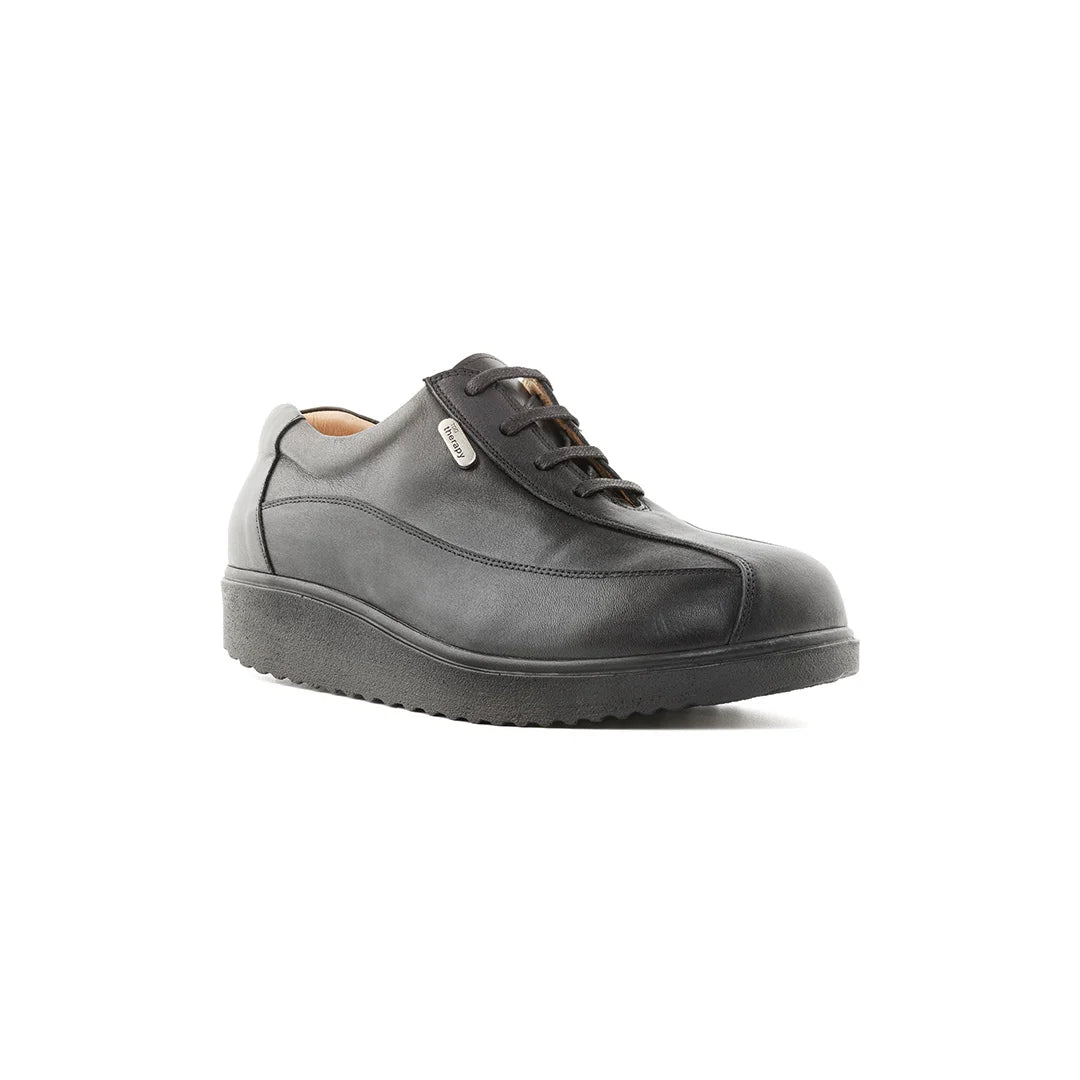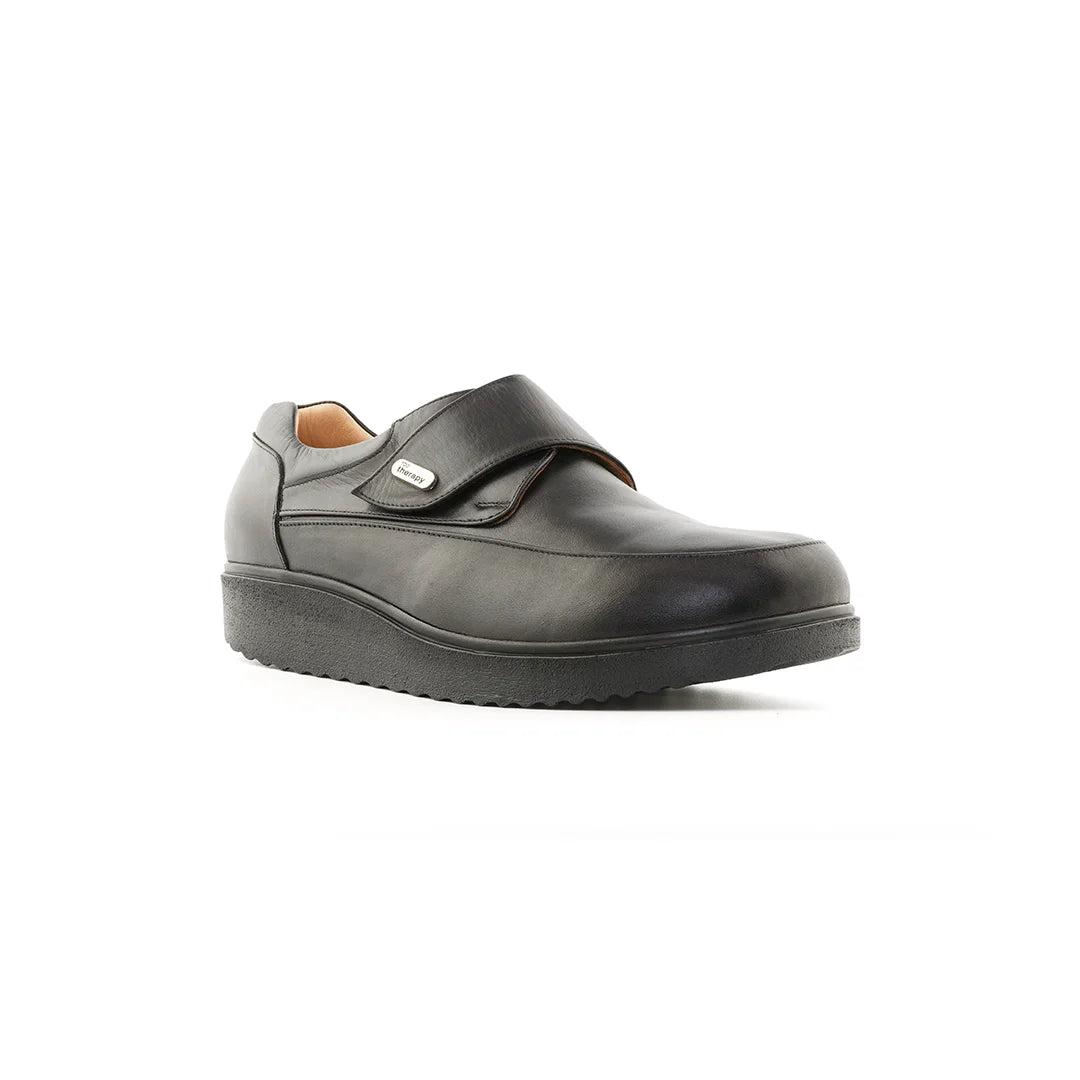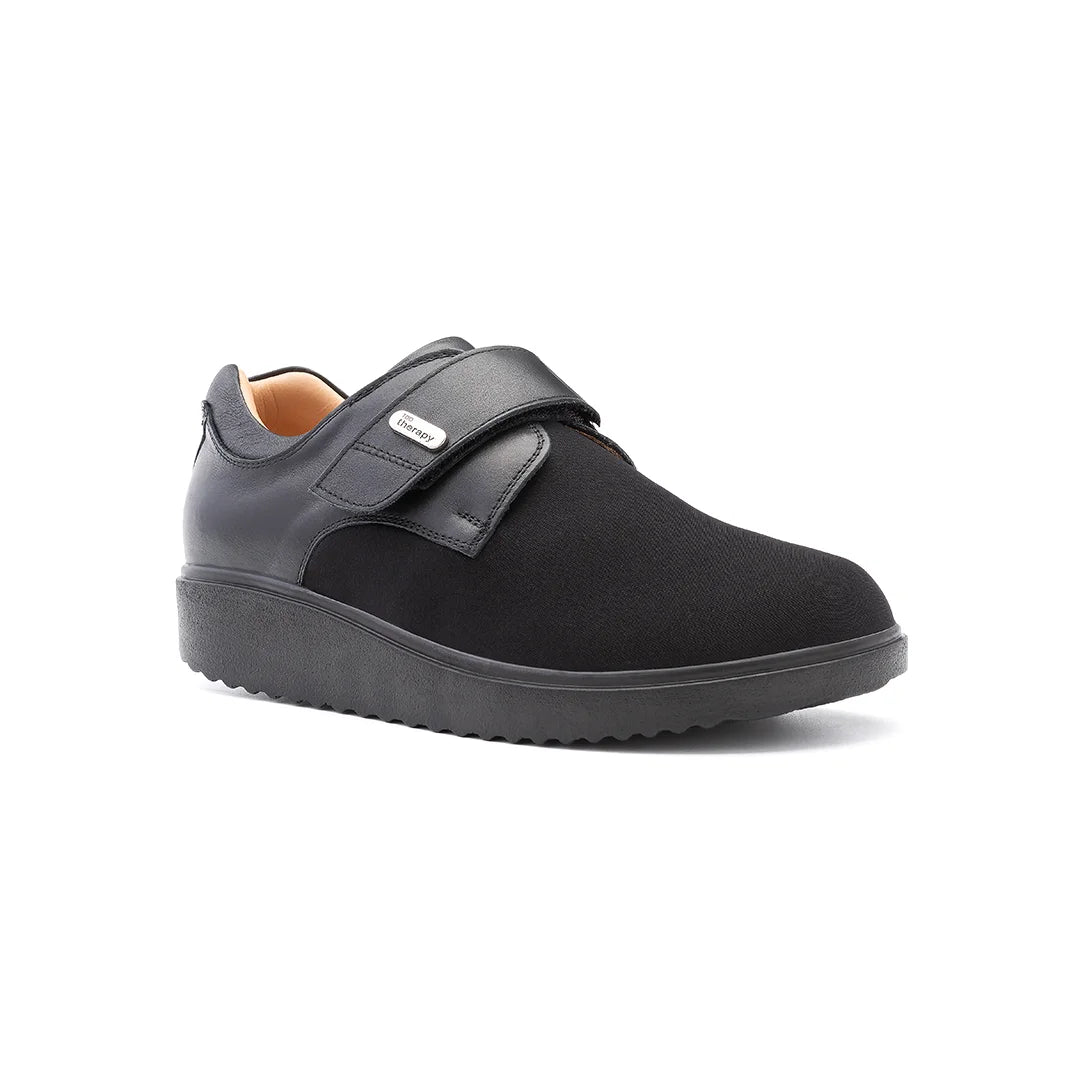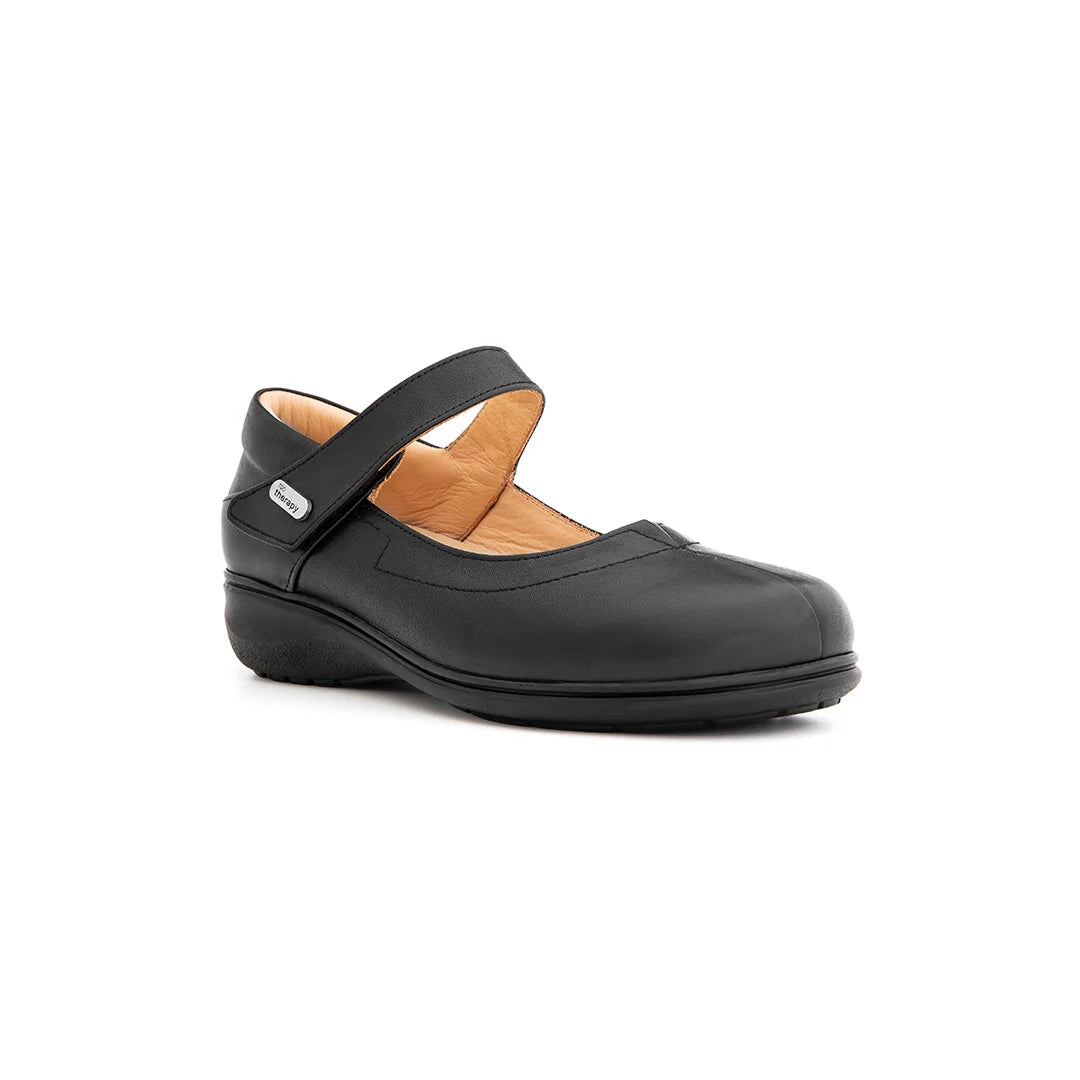We all know how important a good night’s sleep is. It helps the body recover, supports mental health, and keeps us energized for the day ahead. But what many people don’t realize is that your daytime comfort plays a huge role in how well you rest at night.
If your feet, legs, or back ache after a long day, your body carries that tension into the evening — often making it harder to relax or fall asleep. Over time, chronic discomfort can even contribute to insomnia or restless nights.
That’s where orthopedic shoes make a real difference. By supporting your posture, reducing fatigue, and preventing pain throughout the day, they set the foundation for a calmer, more comfortable night’s sleep.
At TDO Therapy, we believe better sleep starts with better steps — and here’s why.
How Daytime Foot Pain Affects Sleep
The Body Never Really “Switches Off”
Foot pain doesn’t disappear just because you’ve taken your shoes off. If your feet have been under constant strain all day, the surrounding muscles — including those in your calves, hips, and lower back — remain tense for hours afterward.
This tension keeps your nervous system slightly activated, making it harder for your body to reach the deep relaxation required for quality sleep.
Common Issues That Lead to Restless Nights
-
Foot and leg fatigue from long hours of standing or walking
-
Back or hip pain caused by poor alignment
-
Circulation problems that cause swelling or discomfort at night
-
Nerve sensitivity or tingling sensations (especially in diabetic feet)
If you’ve ever found yourself tossing and turning, trying to find a comfortable position because your legs ache — your footwear could be part of the reason.
The Science: Foot Health and the Sleep-Wake Connection
How Pain Affects the Sleep Cycle
Pain and discomfort trigger the body’s stress response, releasing cortisol — a hormone that interferes with melatonin, the natural chemical that helps us fall asleep.
Even mild aches can reduce the amount of deep (slow-wave) sleep, which is essential for physical recovery and energy restoration. Over time, this creates a cycle of fatigue and discomfort that’s difficult to break.
The Role of Circulation
Healthy blood flow is crucial for both comfort and rest. When feet are swollen or circulation is poor, oxygen delivery to tissues decreases, which can cause throbbing sensations at night.
Orthopedic shoes help maintain proper circulation throughout the day by preventing excess pressure and improving blood return from the feet back to the heart.

How Orthopedic Shoes Promote Better Sleep
The key to a restful night is how your body feels during the day. Orthopedic shoes are designed not just for walking comfort, but for long-term musculoskeletal health — which directly impacts your sleep quality.
1. Reducing Daytime Fatigue
Every step you take sends impact forces up your legs and spine. Without proper cushioning, your muscles must absorb this shock, leading to fatigue and soreness by evening.
TDO Therapy shoes use a triple-layer protection system that reduces stress and preserves energy:
-
Natural calf leather exterior for breathability and flexibility
-
Memory foam mid-layer that cushions every step
-
Soft seamless lining to prevent irritation and friction
By the time you unwind at night, your feet and legs feel more relaxed — not strained.
2. Improving Body Alignment and Posture
Poor posture doesn’t just affect how you stand; it impacts how you sleep. Misalignment in your feet or hips can cause muscle tension in the lower back, making it difficult to find a comfortable position in bed.
Orthopedic shoes provide structured arch support and stable heel counters that keep your body balanced from the ground up. With better posture during the day, your muscles are less tense, and your spine is more aligned — making restful sleep much easier.
3. Enhancing Circulation and Reducing Swelling
Swelling or heaviness in the legs can be a major barrier to restful sleep. Orthopedic shoes support healthy blood flow by preventing pressure buildup and encouraging natural movement.
The rocker bottom sole used in TDO Therapy shoes promotes gentle, continuous motion with each step — stimulating circulation and preventing the pooling of fluids that often leads to nighttime discomfort.
4. Preventing Nerve Pain and Tingling
For people with diabetes or sensitive feet, nerve pain can spike at night when there’s less movement. Orthopedic shoes protect sensitive areas during the day through even weight distribution and pressure-relief cushioning, preventing nerve irritation from developing in the first place.
This makes it less likely you’ll experience those sharp or tingling sensations that disrupt your sleep later on.
5. Supporting Relaxation Through Comfort
Foot discomfort can trigger physical tension and mental stress — both of which make winding down difficult. Orthopedic footwear helps you stay comfortable all day, so you don’t bring that physical stress to bed.
It’s a simple but powerful connection: when your body feels better, your mind follows. A relaxed body is more likely to drift into deep, restorative sleep.
The TDO Therapy Approach to Whole-Body Comfort
At TDO Therapy, we design every shoe to support not just your feet, but your entire well-being. Our orthopedic shoes are handcrafted with medical precision, helping to prevent discomfort that builds up throughout the day.
Our Core Features Include:
-
Triple-layer protection system with shock-absorbing memory foam
-
Rocker bottom sole for smoother motion and posture control
-
Natural calf leather for breathability and temperature balance
-
Seamless interior lining to prevent irritation
-
Anti-slip, lightweight soles for stability and mobility
-
Adjustable Velcro straps for personalized comfort
Each pair is a Class 1 medical device, meeting international medical footwear standards, and trusted by podiatrists and orthotists across the UK.
Daily Habits That Boost Sleep Quality Alongside Orthopedic Shoes
1. Stretch and Move Throughout the Day
Simple foot and calf stretches help relieve tension and improve circulation before bedtime.
2. Keep a Consistent Routine
Try to go to bed and wake up at the same time each day. Consistency supports your body’s natural circadian rhythm.
3. Elevate Your Feet in the Evening
If you experience swelling, raising your legs slightly above heart level for 15–20 minutes can help reduce pressure before sleep.
4. Wear Proper Footwear at Home
Even at home, avoid flat slippers or barefoot walking on hard floors. TDO Therapy’s orthopedic shoes provide continuous comfort and alignment throughout your day — including those long evenings at home.
5. Create a Relaxing Wind-Down Routine
Combine your physical comfort with mental calmness — dim lights, gentle stretching, and no screens before bed.
Frequently Asked Questions
Can orthopedic shoes really improve sleep quality?
Yes. By reducing pain, improving posture, and preventing fatigue, orthopedic shoes create the physical conditions that make restful sleep more likely.
I only have back pain, not foot pain — will they still help?
Absolutely. Orthopedic shoes improve alignment from the ground up, often reducing back and hip strain that can interfere with sleep.
Should I wear orthopedic shoes at home too?
Yes. Many people benefit from indoor orthopedic slippers or shoes that continue to support alignment even after work hours.
How soon will I notice a difference?
Many wearers report improved comfort and better rest within a week of consistent use.
Final Thoughts
Better sleep doesn’t just depend on what happens at night — it starts with how your body feels during the day.
When you spend your waking hours in supportive, orthopedic footwear, you prevent the fatigue, swelling, and tension that often make it hard to unwind. Over time, this comfort translates into deeper relaxation and improved sleep quality.
At TDO Therapy, our orthopedic shoes are designed to help you move freely, stand comfortably, and rest fully. Because every good night’s sleep starts with a pain-free day.

